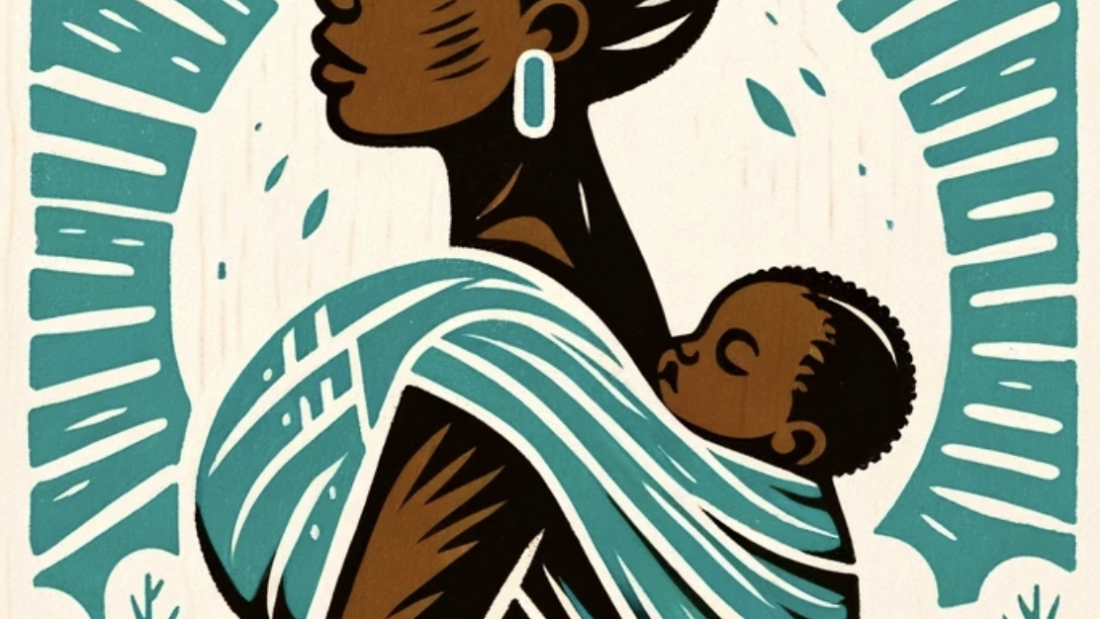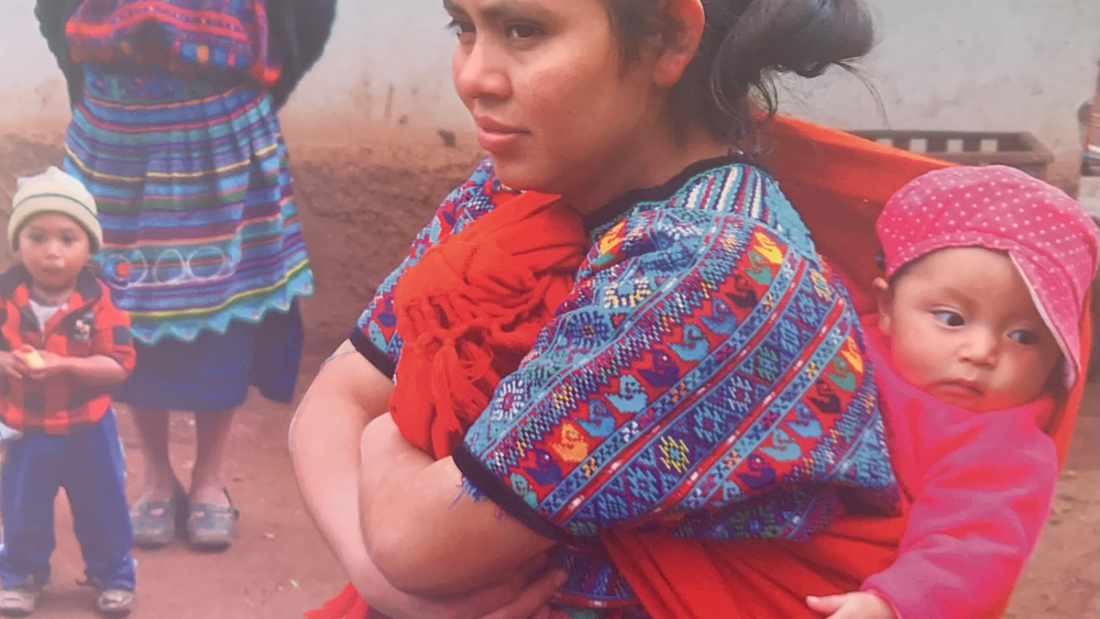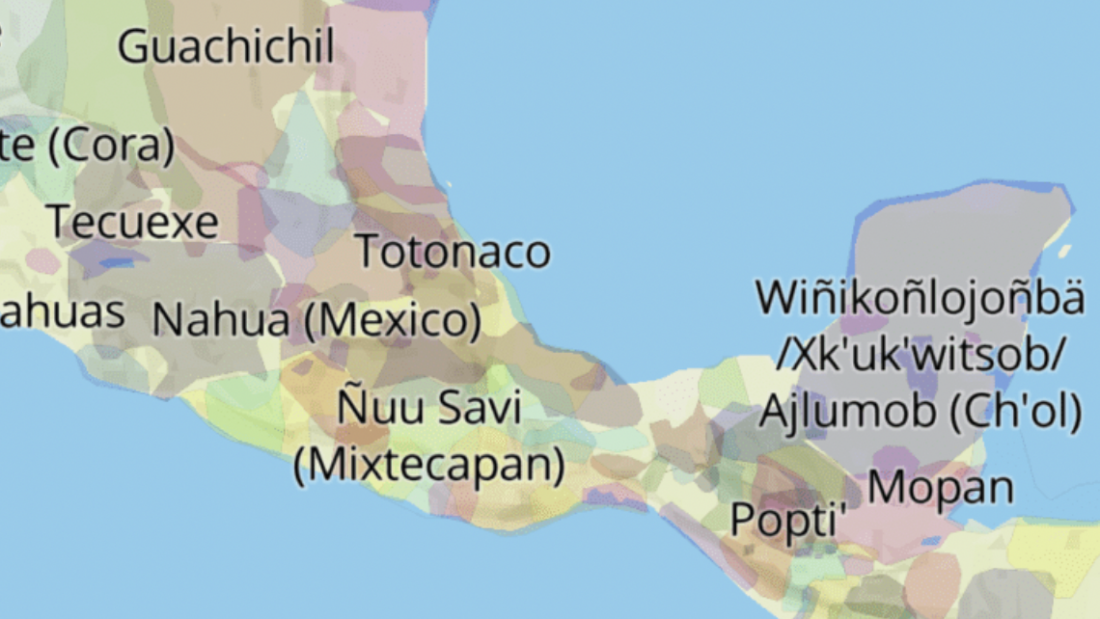Sometimes the most globally-appropriate and cost-effective innovation requires looking at the simple tools of our past rather than creating a new solution for a problem that has already been solved.
Sometimes the most globally-appropriate and cost-effective innovation requires looking at the simple tools of our past rather than creating a new solution for a problem that has already been solved.
Low rates of lactation and high rates of postpartum depression contribute to perinatal mortality and morbidity globally and are exacerbated by underlying social and structural factors. Black, Indigenous and global majority communities face a disproportionate burden of these postpartum disparities. Yet most interventions to support lactation and postpartum mental health are based on models of care that are unrepresentative of the traditional and cultural practices of Black, Indigenous, and global majority communities.
Earlier this fall, I went to a conference highlighting the newest technology-based innovations in women’s health, to talk about quite possibly the OLDEST technology developed for the period after birth: baby carriers. Keeping a baby strapped to a caregiver’s body with a textile device, known as “babywearing,” “backing,” or simply “infant carrying” has likely existed since the beginning of human history and is still practiced around the world.
Despite how long this tool has shaped human childrearing and postpartum health, it has been completely neglected by mainstream postpartum care systems. One reason that traditional and cultural postpartum practices have been left out of the medical standard of care is that these practices are largely neglected in the scientific literature, leading to a dearth of clinical understanding of the potential benefits of such practices. Let’s not forget that the other primary reason that practices like infant carrying have been left out of mainstream medical models is the white supremacy culture that undermines and erases many traditional practices.
This lack of cultural understanding or humility creates tension between biomedical systems of care and traditional systems of care.
This lack of cultural understanding or humility creates tension between biomedical systems of care and traditional systems of care. As an infant carrying researcher, it feels like there is an urgent need to accurately document the risks and benefits of this practice. Thus far, our scientific examination of this practice has shown nothing but benefits for physical and mental health, parental responsiveness. Next step is to keep shedding a light on the evidence-based benefits and clinical applications of this practice and work to make it equitably accessible.
Which is exactly what our team has been working on this year.
The randomized controlled intervention that we published this year showed a *significant decrease in symptoms of postpartum depression* with only just ~2 hours of carrying per day. This new research, published this summer in Journal of Affective Disorders, shows a PREVENTATIVE solution for the #1 complication of childbirth, and one of the biggest causes of preventable maternal mortality.
It is also the basis for a project that earned us a place as a finalist in the NIH IMPROVE Initiative’s Connecting the Community for Maternal Health Challenge. This honor came with one year of coaching and support to build our organization’s research capacity. Even after 5 years in a rigorous PhD program at UCSD, I can honestly say this is the most comprehensive research mentorship I have received. Program Director Aver Yakubu and I meet weekly with the NICHD team to develop and launch the next phase of our carrying research in partnership with Global Communities and Healthy Birth Initiatives.
But the purpose of Nurturely is not just to conduct research, it is to connect the research to the community and use it as a tool, alongside lived experience and cultural wisdom, to eliminate disparities in postpartum and infant health.
In early 2024, we are launching our self-paced infant carrying course for birthworker, educators, healthcare providers, and anyone who wants to support parents. Using a human rights framework, the course will support any type of professional that works with parents in being able to share the evidence-based results of baby carrying with their networks. Sign up here to be the first to know.



